The Summer Workshop on Macroeconomics and Finance is a cyclical event that brings together Polish economists affiliated at domestic and foreign institutions. A small number of papers is presented and we leave sufficient time for a thorough and lively discussion. In the past editions our presenters came among others from the Bank of England, Banque de France, Columbia University, European Central Bank, Federal Reserve System, Imperial College London, International Monetary Fund, Narodowy Bank Polski, SGH Warsaw School of Economics, University of Oxford, University of Warsaw and University of Minnesota. Many of the presented papers have later been published in leading economic journals including the Journal of the European Economic Association, Journal of International Economics, Journal of Finance, Journal of Money Credit and Banking or The Review of Financial Studies.
This year we meet for the 10th time and the event will be organized in partnership with SGH Warsaw School of Economics and FAME|GRAPE. We are convinced that we will again collect an excellent program. We invite papers from all areas of macroeconomics and finance. Of particular interest are studies on business and financial cycles, monetary economics, interactions between finance and macroeconomics, labor market economics, the theory and practice of central banking and economic growth. The conference language is English.
The event is co-organized by 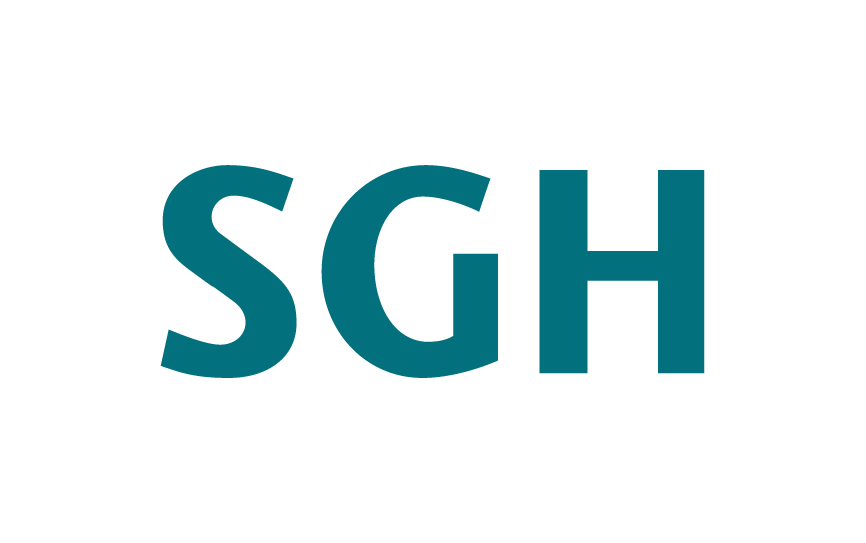
Submission are closed now. The deadline for submissions was February 28. 2022.
Registration is now closed for non-presenting participants. The deadline for registration was June 20, 2022.
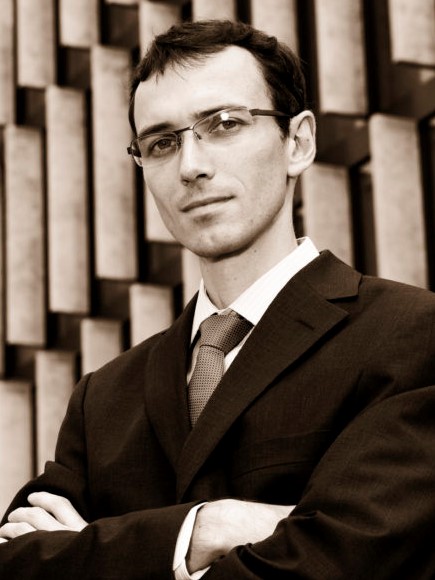
Michał Brzoza-Brzezina is Professor at SGH Warsaw School of Economics and Economic Advisor at Narodowy Bank Polski (National Bank of Poland). His research interests include monetary economics and business cycle theory. He has previously worked at the European Central Bank and Austrian National Bank. His research papers were published in the JEEA, JMCB, JIMF, JME and EER among others.
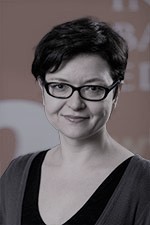
Agnieszka Chłoń-Domińczak is a deputy rector of SGH Warsaw School of Economics and a director of the Institute of Statistics and Demography within this institution. She is a member of the Committee for Demographic Sciences of the Polish Academy of Sciences, and the leader of the Polish research group “Survey of Health, Ageing and Retirement in Europe”. She also manages the Polish team of the National Transfer Accounts. Her scientific interests include issues concerning demography, retirement systems, labor market, social policy, health and education.
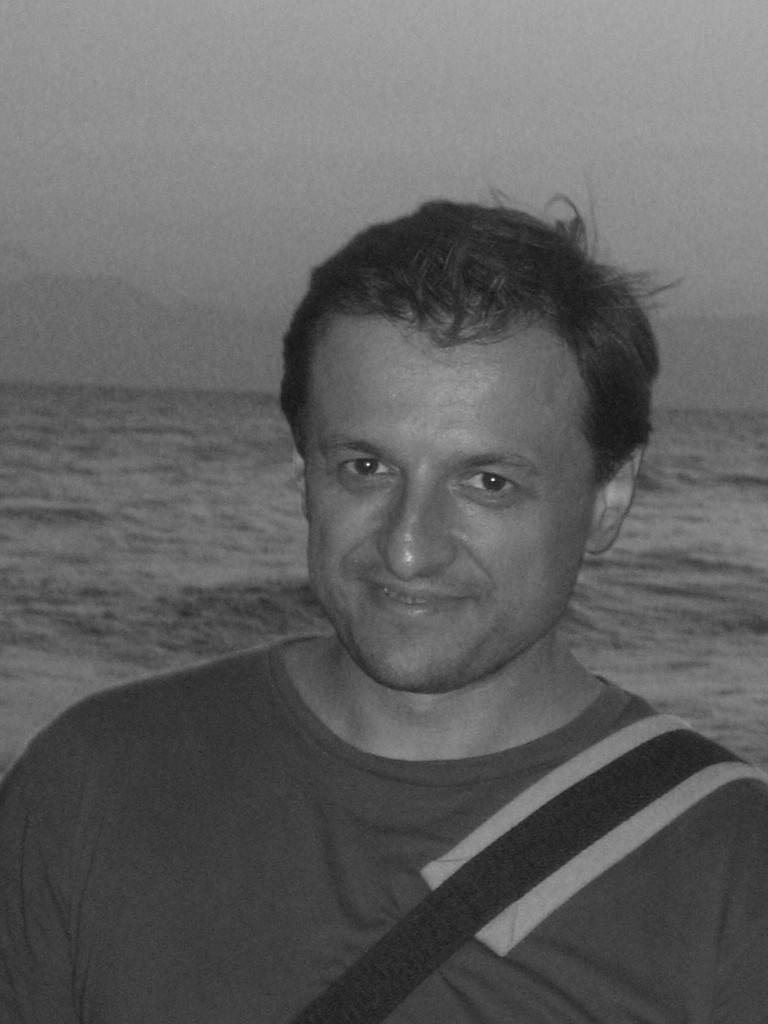
Krzysztof Makarski is a Professor of Economics at Warsaw School of Economics and a co-founder of GRAPE. He works on monetary economics (in particular financial frictions) and on public economics through the lens of overlapping generations models. Krzysztof holds a PhD in economics from the University of Minnesota. He has published in JMCB, JIMF, PDR and JEDC.
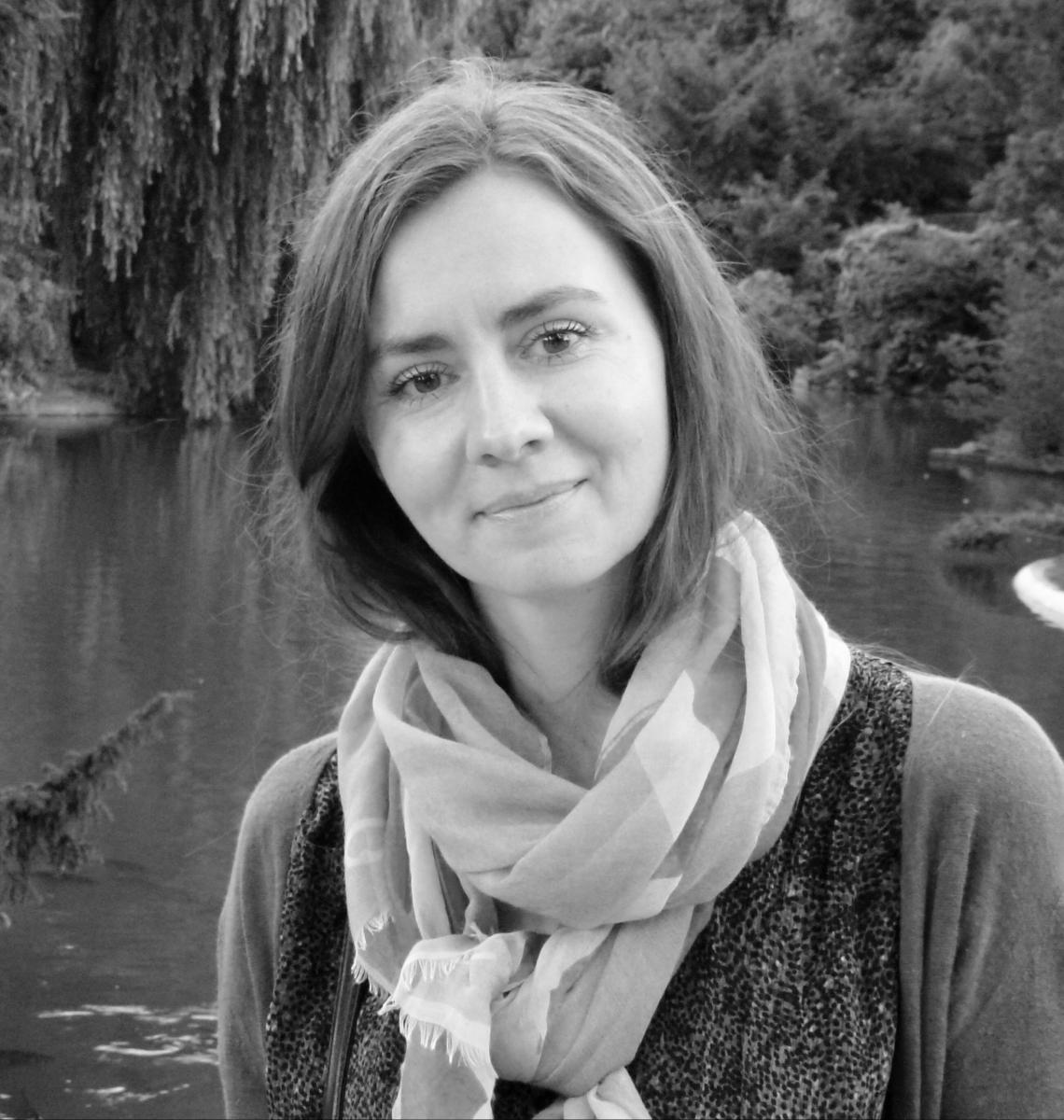
Anna Orlik is an economist in the Research Department at the Board of Governors of the Federal Reserve System in Washington, D.C. Her research interests comprise macroeconomics, monetary economics as well as uncertainty and learning in economics and finance. She holds PhD from New York University Stern School of Business.

Jan Werner is a Professor of Economics at the University of Minnesota. He holds PhD from Bonn University and has held visiting positions at European University Institute, Universite Paris Dauphine and Vienna Graduate School of Finance. As of 1989, Jan has been engaged in encouraging the internationalization of economics profession in Poland, facilitating academic cooperation and exchange of young scholars to the United States and elsewhere. He is an Associate Editor at Journal of Mathematical Economics, Annals of Finance and Mathematics and Financial Economics. He has coauthored Principles of Financial Economics with Stephen F. LeRoy.
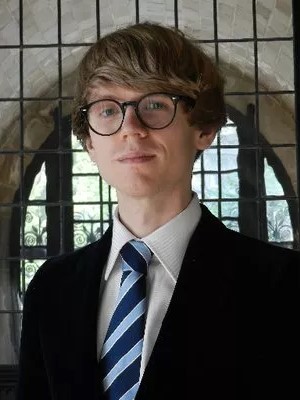
Piotr Żoch is an Assistant Professor at the University of Warsaw and a CERGE-EI Foundation Teaching Fellow. Piotr received his PhD in Economics from the University of Chicago in 2020 and joined GRAPE soon after. His research interests are macroeconomics and monetary economics, in particular macroeconomics with heterogeneous agents and sovereign default.
Download the conference program
Day 1 – July 4th, 9:15 – 16:00
|
9:15-9:45 |
Registration |
|
9:45-10:00 |
Welcome Address Piotr Wachowiak, Rector, SGH Warsaw School of Economics |
|
10:00-11:30 |
Biases in survey inflation expectations: Evidence from the Euro Area Lucyna Górnicka, ECB (with J. Chen and V. Zdarek) Monetary Policy and Exchange Rate Dynamics in a Behavioral Open Economy Model Marcin Kolasa, IMF (with S. Ravgotra and P. Zabczyk) |
|
11:30-12:00 |
Coffee break |
|
12:00-13:30 |
Rational Inattention and the Business Cycle Effects of Productivity and News Shocks Bartosz Maćkowiak. ECB and CEPR (with M. Wiederholt) Forward Guidance and Unemployment Paweł Kopiec, SGH Warsaw School of Economics |
|
13:30-14:30 |
Lunch |
|
14:30-16:00 |
Managing Monetary Tradeoffs in Vulnerable Open Economies Paweł Zabczyk, IMF (with T. Adrian, C. Erceg, M. Kolasa and J. Linde) Optimal incentive contracts with job destruction risk Borys Grochulski, Federal Reserve Bank of Richmond (with T.-N. Wong and T. Zhang) |
Day 2 – July 5th, 10:00 – 16:00
|
10:00-11:30 |
The Ultralong Sovereign Default Risk Radosław Paluszyński, University of Houston Global Financial Uncertainty and Firm-Level Capital Flows Marcin Kacperczyk, Imperial College and CEPR (with J. Nosal and T. Wang) |
|
11:30-12:00 |
Coffee break |
|
12:00-13:30 |
Uneven Growth: Automation's Impact on Income and Wealth Inequality Łukasz Rachel, Princeton and UCL (with B. Moll and P. Restrepo) Understanding Growth through Automation: The Neoclassical Perspective Łukasz Drozd, Federal Reserve Bank of Philadelphia (with M. Taschereau-Dumouchel and M. Tavares) |
|
13:30-14:00 |
Lunch |
|
14:00-15:00 |
Poster session
Labor market institutions and the business cycle: the role of aggregate demand Marcin Bielecki, University of Warsaw and ECB (with M. Kolasa and P. Kopiec) Impact of changes in years 2004-2020 on projections of aggregated lifecycle deficit and aggregated net public transfers Agnieszka Chłoń-Domińczak, SGH Warsaw School of Economics Lock-in and Entry Costs in Public Procurement – The Case of Polish Urban Buses Filip Premik, University of Minnesota Have European natural gas prices decoupled from crude oil prices? Evidence from TVP-VAR analysis. Karol Szafranek, SGH Warsaw School of Economics (with M. Rubaszek) Using geolocation data in spatial-econometric construction of multiregion input-output tables: a Bayesian approach Andrzej Torój, SGH Warsaw School of Economics Analysis of selected determinants of inequality – the case of post-socialist countries Monika Wesołowska, Poznań University of Economics and Business Robots and Firm Investment Michał Zator, University of Notre Dame What shapes the U.S. wealth distribution? Longevity vs. income inequality Piotr Żoch, FAME | GRAPE and University of Warsaw (with K. Makarski and J. Tyrowicz) |
|
15:00-16:30 |
Are Ideas Really Getting Harder To Find? R&D Capital and the Idea Production Function Jakub Growiec, SGH Warsaw School of Economics (with P. McAdam and J. Mućk) How digital technology affects working conditions in globally fragmented production chains: evidence from Europe Aleksandra Parteka, Gdansk University of Technology (with J. Wolszczak-Derlacz and D. Nikulin) |
Day 3 – July 6th, 10:00 – 16:15
|
10:00-11:30 |
How do firms respond to demand and supply shocks? Michał Gradzewicz, NBP and SGH Warsaw School of Economics Beyond risk sharing: FDI and tangible gains from financial integration Jacek Rothert, United States Naval Academy (with A. McQuoid and K. Smith) |
|
11:30-12:00 |
Coffee break |
|
12:00-13:30 |
Progressing towards effciency: the role for labor tax progression in reforming social security Krzysztof Makarski, FAME | GRAPE and SGH Warsaw School of Economics (with O. Komada and J. Tyrowicz) Productivity, Demand and Growth Marek Ignaszak, Goethe University Frankfurt (with P. Sedlacek) |
|
13:30-14:30 |
Lunch |
|
14:30-16:00 |
Monetary policy in a two-country model with behavioral agents Michał Brzoza-Brzezina, NBP and SGH Warsaw School of Economics (with P. Galiński and K. Makarski) Quantitative Easing in the US and Financial Cycles in Emerging Markets Grzegorz Wesołowski, University of Warsaw (with M. Kolasa) |
|
16:00-16:15 |
Closing remarks Jan Werner, University of Minnesota |
SGH, Building C
